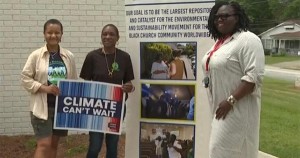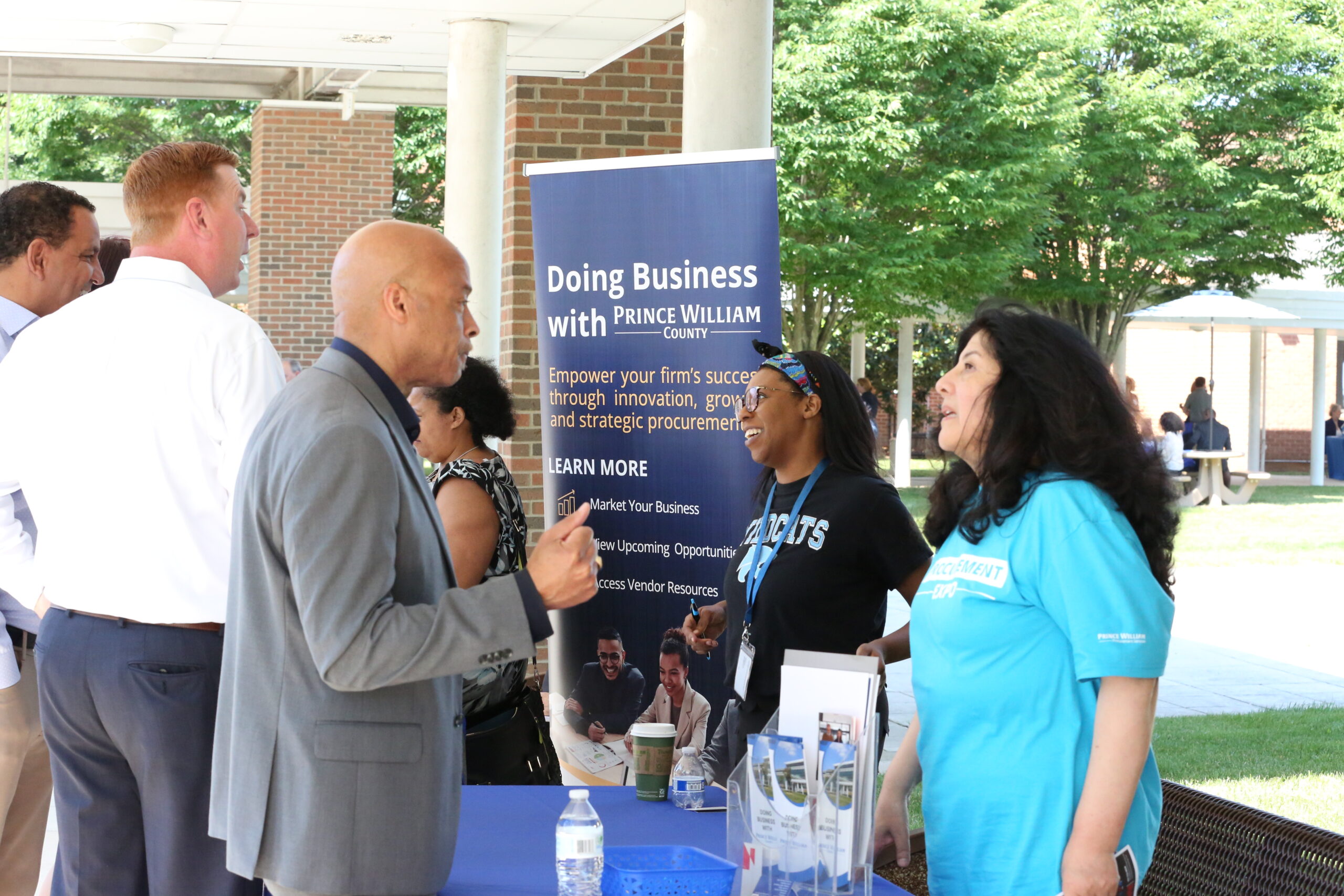Why is the healthcare system broken for foster children?
One family shares their struggle to receive medical help for their foster child
Being a foster parent alone can be a challenge, but being able to get medical help for their child should not be one of them.
Medicaid, the federal-state health insurance program for the poor, picks up the tab for nearly all children in foster care and often continues to cover them if they are adopted, regardless of their parents’ income. Thanks to the Affordable Care Act, foster children who have Medicaid at 18 can keep the coverage until they turn 26. Despite its availability as an insurance for foster children, it’s limited as a benefit to individuals in need of treatment for certain ailments, even more so in terms of where they can receive that help.
It became a pain that the Rock family knew all too well. Shantell Rock, Chair of Prince William County’s Racial and Social Justice Commission, spoke with the PW Perspective about a situation that they faced when one of her foster children, who the Rock’s recently adopted in December, needed psychiatric care. A colleague referred them to INOVA Fairfax for services. On their way to Fairfax, a county employee confirmed that had they taken him to Sentara Hospital, they would’ve more likely had been referred to the Community Services Board, Services Board, a mental health service in Manassas, to assist with his situation.
“If he had gone there,” said Rock, “we would have received a Judicial Detention Order to get those services, and that’s something we did not want. That’s how Black and brown boys get put into the system.” Later, it was confirmed by Fairfax staff, Rock says, that bringing him there was better because the Prince William County system is broken.
However, the problems did not stop there. “Our Cigna insurance had not started yet,” she continues, “so we had to use his Medicaid, since that’s what most foster children are on. When we got there, we were told that it could take anywhere from 1 hour to 3 days to get a bed. We were also told by Fairfax that if we took him home or tried to take him home while we wait for a bed, they could’ve requested a detention order. The next day, although they found no bed, it was okay to take him home.”
Frustrated, she reached out to the local officials to assist as a citizen, and on his third day of stay at the hospital, two psychiatrists finally met with the family. Although she is thankful that things finally benefited them, she knows that for many families, they can often feel as if they have no choice but to rely on substandard options within Prince William County.
“The foster care system has failed these children mentally,” she states, “and families who are struggling to find answers will rely on facilities with limited resources. We need more to help children in Prince William County, especially Black and brown ones who end up getting dismissed too easily by a system that doesn’t address their needs.”
We spoke with a nurse, who asked not to be named, and she attested to the problems facing the healthcare industry on both a local and a national level.
“Healthcare is a business” the nurse stated, “and unfortunately staffing numbers for not only staff but for beds are scant because of the pandemic.”
“For years we have lacked the infrastructure, capacity for resources, making it very difficult to diagnose and treat those with mental illnesses. Therefore, the physical ailments are the ones most often treated.”
For Black and brown children, she says, there are bigger problems that they face. “Even prior to the pandemic, the number of minority pediatric cases was increasing. There is a stigma attached they can tolerate more pain and are often discharged too quickly.”
“We must have equity in the system and until they hold healthcare organizations accountable for their actions, this cycle will continue.”



